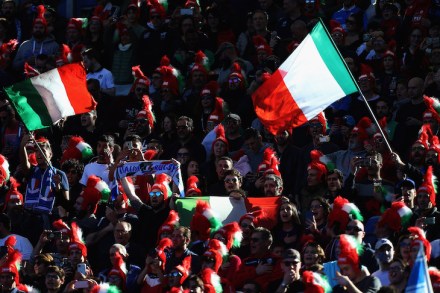Dear Mary: Should I rename my grandmother’s dog to avoid offense?
Q. I have been offered a cottage, at minimal rent, on the estate of a friend of a friend who had got wind of my current unsatisfactory domestic arrangements. I am supposed to move in shortly but now I have looked more closely at the picturesque dwelling I find it is blighted by the typically low ceilings which characterise estate workers’ cottages. It is something that I — and our mutual friend — should have thought of. I am 6ft 6in and banging my head on beams is likely to be a major problem. How can I tactfully withdraw without making a fool of myself over the intemperance of my











